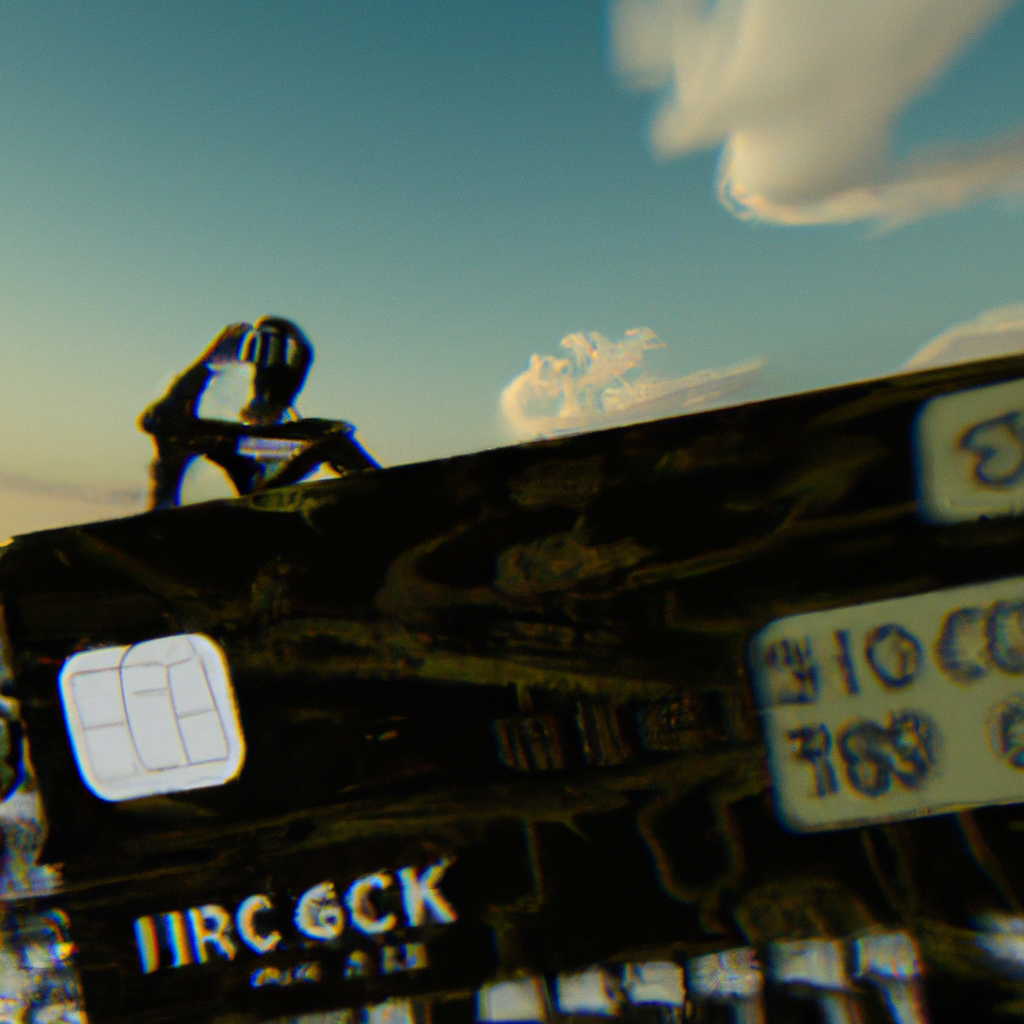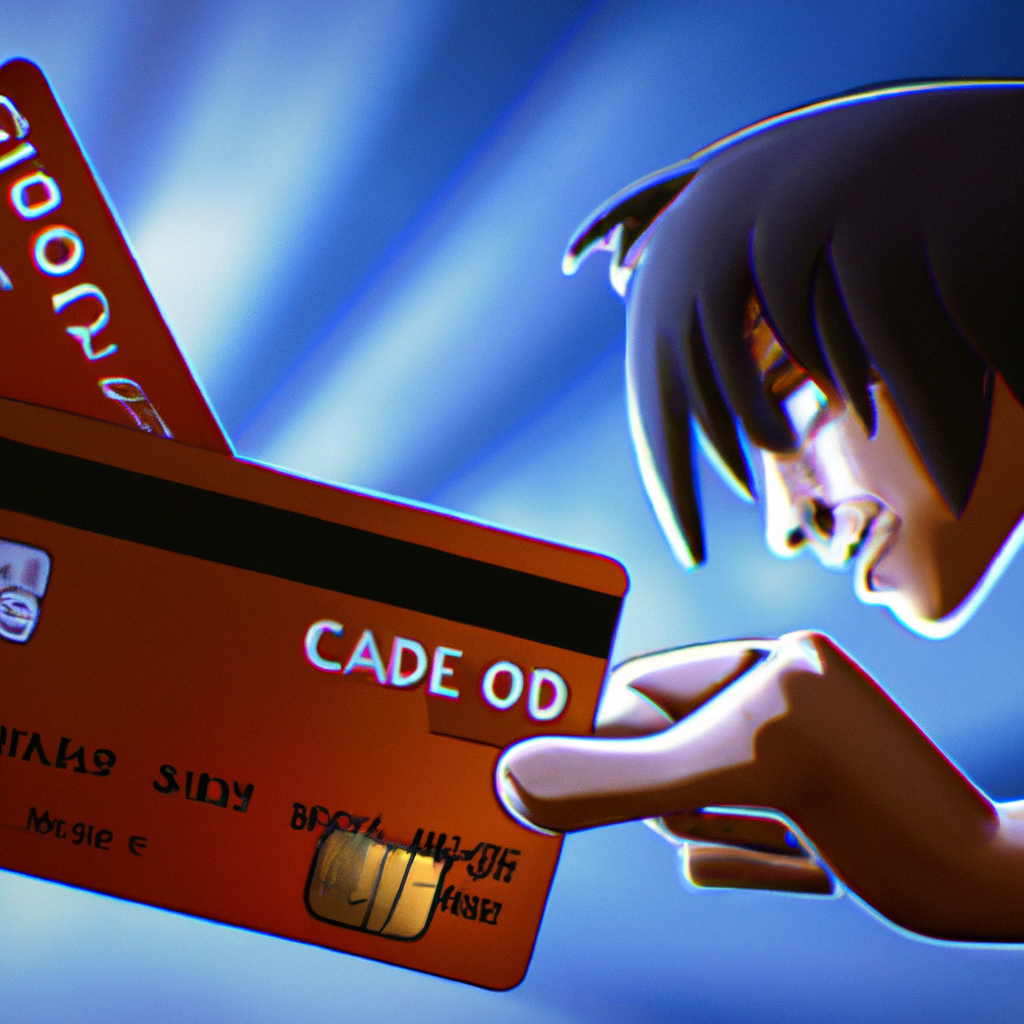Table of Contents
Introduction: Understanding the Differences Between Prepaid and Credit Cards
When it comes to managing your finances, choosing the right payment method can make a big difference. Two popular options are prepaid cards and credit cards. While both offer convenience and security, they have distinct features that may make one more suitable for your needs than the other. Prepaid cards are essentially debit cards that you load with funds in advance. They can be used to make purchases and withdraw cash, but only up to the amount you have deposited. Credit cards, on the other hand, allow you to borrow money from a lender to make purchases and pay it back over time, with interest. In this article, we will explore the benefits and drawbacks of prepaid and credit cards, who they are best suited for, and how to choose between them based on your financial goals and spending habits.
Benefits of Prepaid Cards: Control Your Spending and Avoid Debt
One of the main advantages of prepaid cards is that they give you more control over your spending. Since you can only use the funds you have loaded onto the card, you are less likely to overspend or go into debt. This makes prepaid cards a good option for people who are on a tight budget or want to avoid the temptation of credit. Prepaid cards can also be a useful tool for parents who want to teach their children about money management. By giving them a prepaid card with a set amount of money, they can learn how to budget and make responsible spending decisions. Another benefit of prepaid cards is that they are widely accepted, just like credit cards. You can use them to make purchases online, in stores, and even overseas. Some prepaid cards also come with additional features, such as cashback rewards, fraud protection, and mobile banking apps.

Benefits of Credit Cards: Build Credit and Earn Rewards
Credit cards offer several advantages that prepaid cards do not. One of the most significant is the ability to build credit. By using a credit card responsibly and paying your bills on time, you can establish a positive credit history, which can help you qualify for loans, mortgages, and other financial products in the future. Credit cards also offer rewards programs that allow you to earn points, miles, or cashback on your purchases. These rewards can add up quickly and be redeemed for travel, merchandise, or statement credits. Some credit cards also come with additional perks, such as airport lounge access, travel insurance, and extended warranties. Another advantage of credit cards is that they offer more flexibility than prepaid cards. With a credit card, you can make purchases even if you don't have the funds available, as long as you pay them back later. This can be useful in emergencies or when you need to make a large purchase that you can't afford upfront.
Drawbacks of Prepaid Cards: Limited Usage and Fees
While prepaid cards have their benefits, they also have some drawbacks to consider. One of the main limitations of prepaid cards is that they have a finite amount of funds available. If you run out of money on your card, you won't be able to make any more purchases until you reload it. Prepaid cards also come with fees that can add up over time. These may include activation fees, monthly maintenance fees, transaction fees, ATM fees, and reload fees. Some prepaid cards also charge fees for balance inquiries, customer service calls, and inactivity. Another potential drawback of prepaid cards is that they may not be accepted everywhere. Some merchants may not accept prepaid cards, especially for online purchases or hotel reservations. This can be inconvenient if you rely on your prepaid card as your primary payment method.

Drawbacks of Credit Cards: High Interest Rates and Potential Debt
While credit cards offer many benefits, they also come with some risks. One of the biggest drawbacks of credit cards is the high interest rates they charge on balances that are not paid in full each month. If you carry a balance on your credit card, you could end up paying hundreds or even thousands of dollars in interest over time. Credit cards can also lead to debt if you use them irresponsibly. It can be tempting to overspend or make purchases that you can't afford, especially if you have a high credit limit. If you don't pay your bills on time or only make minimum payments, you could end up with a large amount of debt that is difficult to pay off. Another potential drawback of credit cards is that they can be a target for fraud and identity theft. If someone steals your credit card information, they can make unauthorized purchases and damage your credit score. While most credit cards offer fraud protection, it can still be a hassle to dispute charges and get your money back.

Who Should Use Prepaid Cards: Students, Budget-Conscious Consumers, and Those with Poor Credit
Prepaid cards are a good option for several types of consumers. Students who are just starting to manage their finances may benefit from using a prepaid card to learn how to budget and avoid overspending. Prepaid cards can also be useful for people who are on a tight budget or want to avoid the temptation of credit. Those with poor credit may also find prepaid cards to be a good option, as they don't require a credit check or credit history. This can be helpful if you are trying to rebuild your credit or have been denied for a credit card in the past.
Who Should Use Credit Cards: Frequent Travelers, Rewards Seekers, and Those with Good Credit
Credit cards are a better fit for certain types of consumers. If you travel frequently, a credit card with travel rewards and perks can help you save money on flights, hotels, and rental cars. Some credit cards also offer no foreign transaction fees, making them a good choice for international travel. Rewards seekers can also benefit from using credit cards, as they can earn points, miles, or cashback on their purchases. If you use your credit card for everyday expenses and pay your bills on time, you can accumulate rewards that can be redeemed for travel, merchandise, or statement credits. Those with good credit may also find credit cards to be a good option, as they can qualify for cards with low interest rates, high credit limits, and generous rewards programs. If you have a good credit score, you may be able to get approved for a credit card with no annual fee and a long introductory period with 0% APR.

How to Choose Between Prepaid and Credit Cards: Consider Your Financial Goals and Spending Habits
When deciding between prepaid and credit cards, it's important to consider your financial goals and spending habits. If you want to avoid debt and have more control over your spending, a prepaid card may be the better choice. If you want to build credit, earn rewards, and have more flexibility with your purchases, a credit card may be the way to go. It's also important to compare the fees and features of different prepaid and credit cards before making a decision. Look for cards with low fees, no hidden charges, and useful benefits that match your needs. Read the fine print carefully and understand the terms and conditions before applying for a card.

Tips for Using Prepaid and Credit Cards Responsibly: Budgeting, Paying on Time, and Monitoring Your Accounts
No matter which type of card you choose, it's important to use it responsibly to avoid financial problems. Here are some tips for using prepaid and credit cards wisely: – Create a budget and stick to it. Set limits on your spending and track your expenses to avoid overspending. – Pay your bills on time and in full. This will help you avoid late fees, interest charges, and damage to your credit score. – Monitor your accounts regularly. Check your balances, transactions, and statements to make sure there are no errors or fraudulent charges. – Avoid using your card for cash advances or balance transfers. These transactions often come with high fees and interest rates. – Keep your card information secure. Don't share your card number, PIN, or CVV with anyone, and be cautious when using your card online or in public places.
Conclusion: Making the Right Choice for Your Financial Needs
Choosing between prepaid and credit cards can be a difficult decision, but it's important to weigh the pros and cons carefully. Consider your financial goals, spending habits, and credit history when deciding which type of card is right for you. Remember to use your card responsibly, pay your bills on time, and monitor your accounts regularly to avoid financial problems. With the right card and a smart approach, you can manage your finances effectively and achieve your financial goals.

